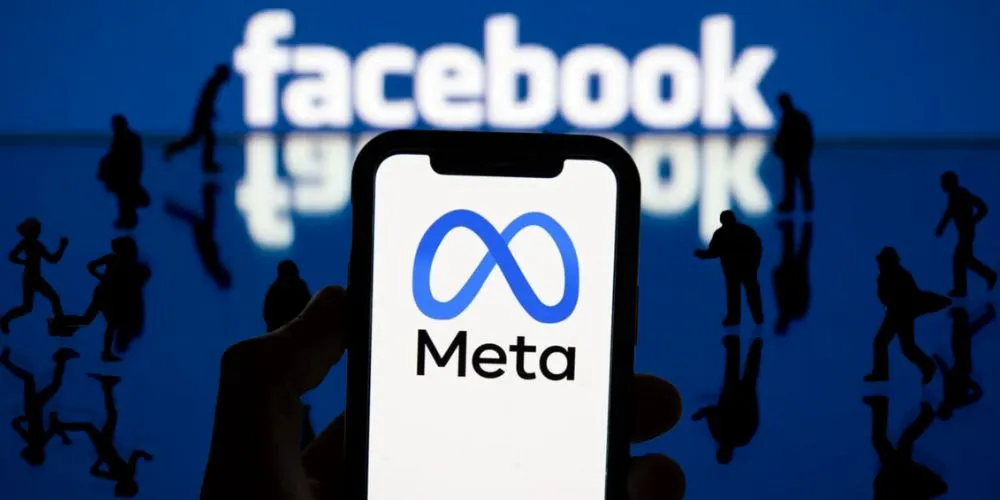Key Points
- Meta plans to utilize AI for 90% of product risk assessments, significantly reducing human oversight.
- Areas affected include youth safety, misinformation, and violent content. AI now reviews product questionnaires and flags risks before product launch.
- Former employees warn this could increase the chance of serious harm going unnoticed.
- Meta says humans will still handle complex or novel issues, but simpler decisions will be automated.
Meta is increasingly relying on artificial intelligence to evaluate potential risks in its products, significantly reducing the role of human reviewers. According to NPR, internal documents show Meta aims to shift up to 90% of risk assessments to AI systems. These assessments are part of the process of introducing new features and updates across various platforms, including Instagram and WhatsApp. Areas under AI review include youth safety, misinformation, and violent content, raising red flags among experts.
Traditionally, new Meta features underwent human-led scrutiny to identify potential harms before being rolled out to the public. However, over the last two months, the company has reportedly increased its use of AI for this process. Now, product teams complete a risk questionnaire, which the AI system reviews, returning near-instant results that highlight risk areas. The team must then resolve those flagged concerns before a product can move forward.
Critics, including former Meta employees, warn that removing human oversight may result in critical risks being missed. One former executive stated that reduced scrutiny increases the likelihood of negative externalities, where harmful content or features reach users unchecked. While Meta maintains that it will still use human expertise for complex issues, simpler or “low-risk” decisions will now fall solely under AI’s domain.
This move coincides with Meta’s latest quarterly integrity report, the first since the company revised its content moderation and fact-checking guidelines. As expected, content removal rates have dropped. However, the report also revealed a slight uptick in bullying, harassment, and violent or graphic material.
As Meta continues evolving its product safety strategy, critics argue that an overreliance on AI could make platforms more vulnerable to harmful content — especially in areas where human nuance and ethical judgment are crucial.





